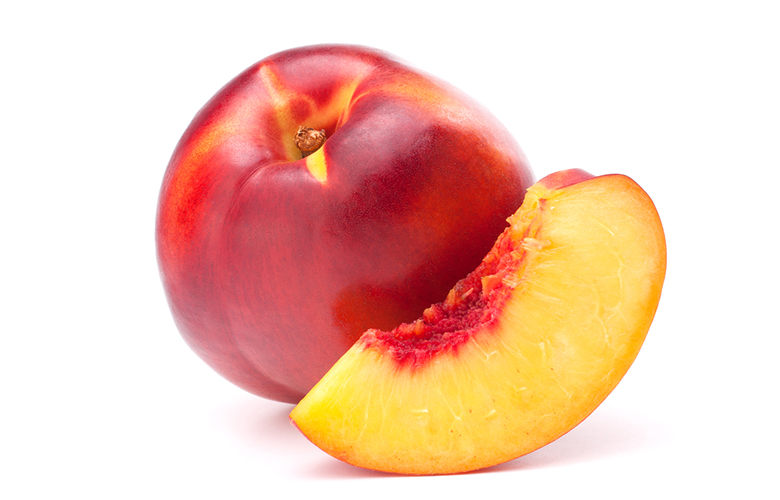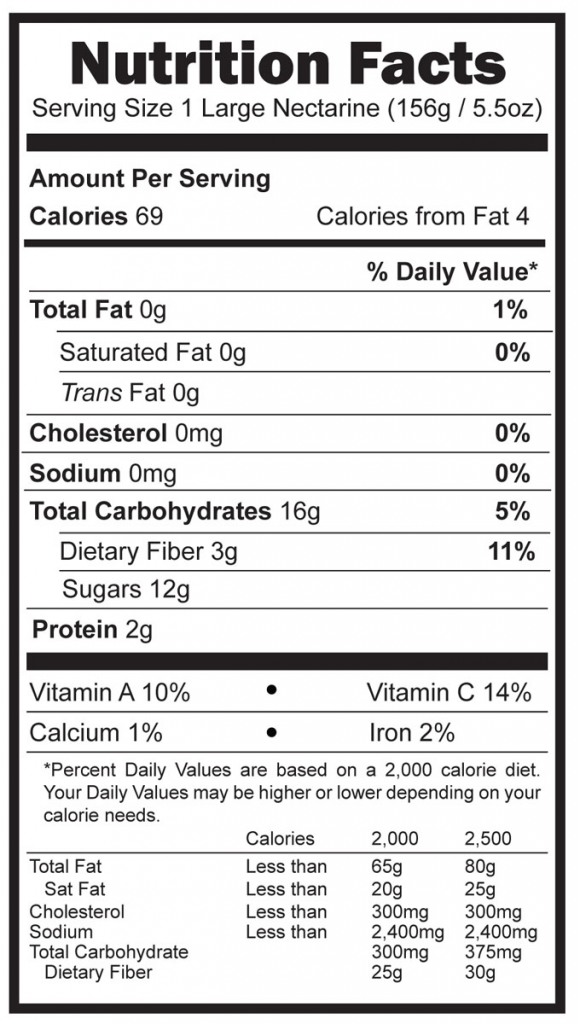Nectarine quite literally means, “sweet as nectar,” and was likely given its name by a Chinese emperor who said the very quote above.
You may have found yourself in a position at one point or another where you confused peaches with nectarines. You wouldn’t be the first! These two stone fruits are ridiculously similar at first glance. Before we dive into our commodity this week, let’s start by understanding the main difference between a peach and a nectarine.




